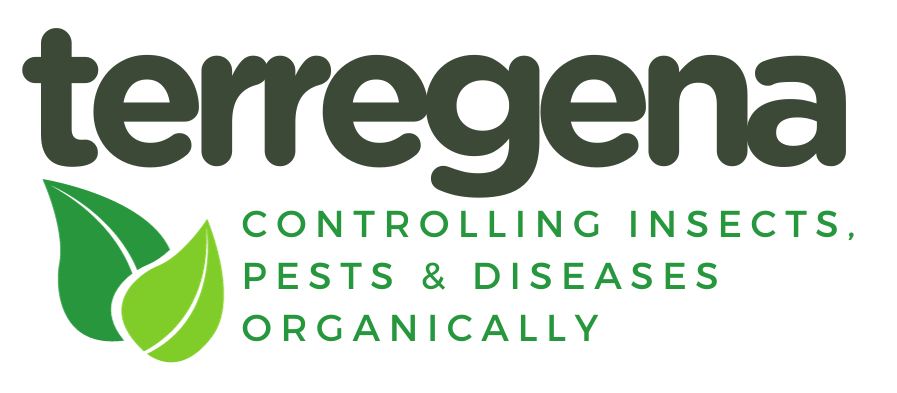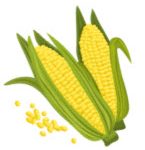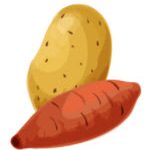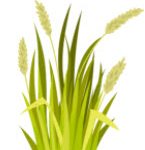Biological Seed Treatment Beauveria bassiana SBb 2.5
A natural, symbiotic fungus that lives in the soil, roots, stems, and leaves.
Our strains are isolated from plants, for plants.
Enhances Plant Defenses
Increases Chlorophyll
Diminishes the Need for Soil Fumigants, Pesticides, Chemical Stimulants, & Altered Genetic Seeds
Improves Quality at Harvest
Higher Plant Immune Status
Beauveria bassiana is a beneficial endophyte. It is a seed treatment that has a symbiotic or mutually beneficial relationship with your plants. Endophytes are microorganisms such as fungi. They occur naturally, living within plant tissues. The Beauveria bassiana grows at the same rate as its host plant within the intercellular spaces of the plant tissue.

Biological Seed Treatment
Seed Treatment SBb 2.5 Promotes Plant Growth
SBb 2.5 is applied as an inoculant at planting with no target disease or insect specified. There is no singular mode of action, rather a response to plant activity favoring its host.
Beauveria trans-locates via the xylem and phloem to form an integrated network that works well with plant cells, other beneficial organisms, and the environment.
This symbiotic, friendly relationship elevates the plant’s natural ability to resist pathogens and seasonal stressors reducing the necessity of single chemical solutions that can harm other living residents.
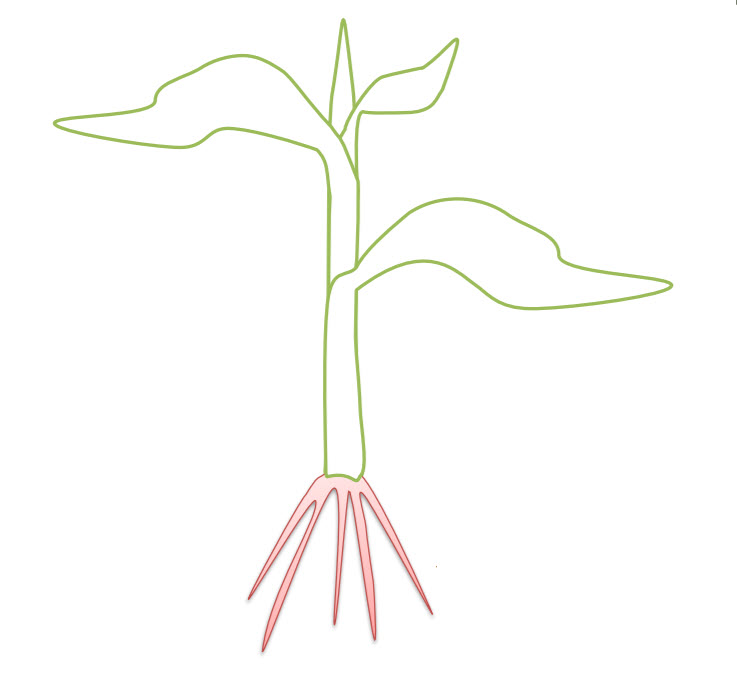
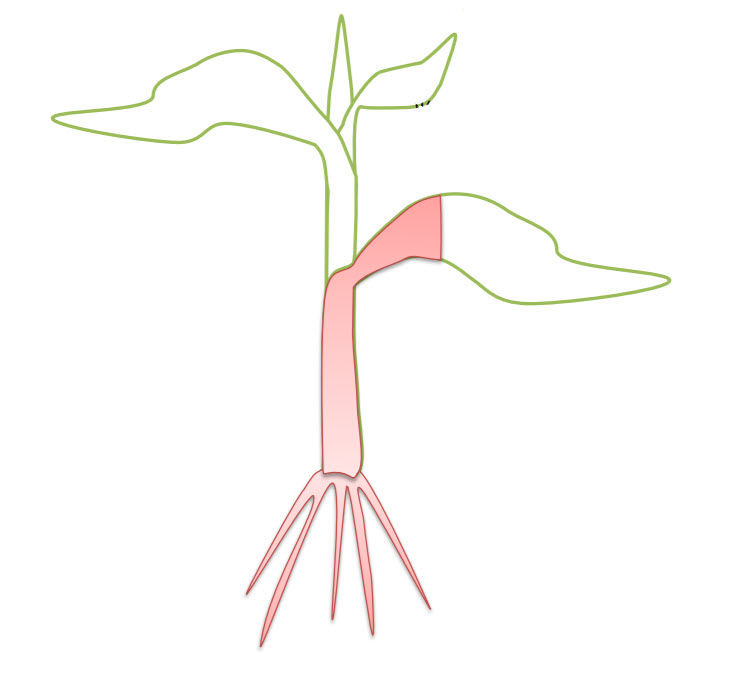
Seeds are treated with Beauveria bassiana (Bb) shown in pink. The Bb colonizes in the roots and grows within the plant as the plant grows.
Direct contact with seed is preferred to assure plant entry at germination. Applied on, under, or atop of seed allows Beauveria bassiana competitive preference to initial plant roots where it becomes a symbiotic entophyte within the plant.
Start your crops with health and protection.
Yield and quality is the measure of a successful crop and research illustrates that Beauveria bassiana (Bb) measures up to potential in any given year. Measuring germination, vegetative growth, leaf chlorophyll, leaf size, stem height, root mass, disease resistance, and resistance to insect feeding become determining values. However, these measurements are not easy to see unless you look for them. Researchers do just that to further scientific explanation adding to our understanding.
Choose a Crop
Benefits of Using SBb 2.5 Seed Treatment
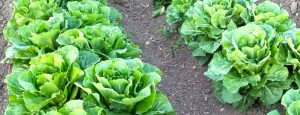
– Inhibits soil-borne plant pathogens
– Competitive exclusion
– Increases uniform germination with higher plant survival
– Enhances microbial diversity by decreasing Fusarium soil toxins like trichothecenes
– Higher plant immune status
– Increases Brix values from much more photosynthesis
– Increases chlorophyll
– Enhances plant defense
– Improves quality at harvest. Greater stem/stalk stand. Improved storage
– Provides many of the same benefits without the cost of GMO’s
– Diminishes the need for soil fumigants, pesticides, chemical stimulants, and altered genetic seeds.
Observed Results
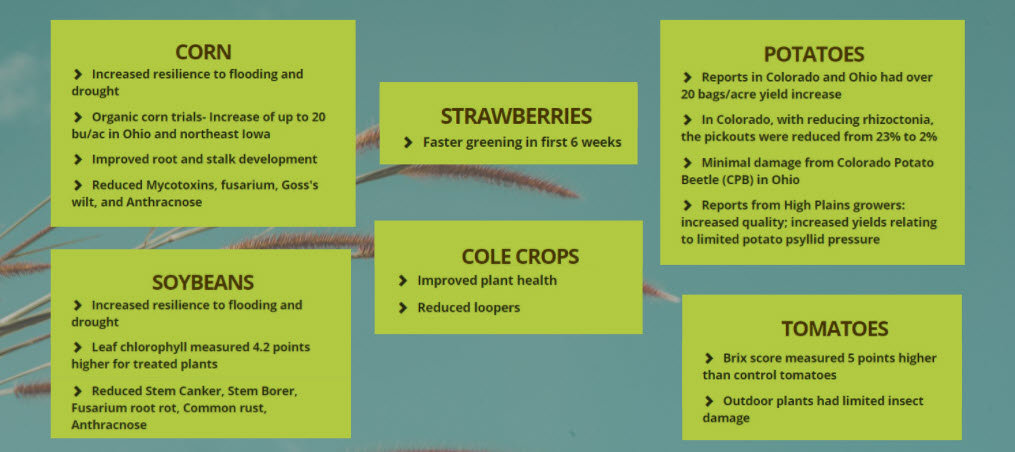
Reports, trials, and research indicate seeds treated with our Biological Seed Inoculant SBb 2.5 with Beauveria bassiana have shown improved performance against:
Potatoes
- Potato Psyllids
- Colorado Potato Beetle
- Rhizoctonia
- Anthracnose
- Early Blight
Wheat
- Wheat midge
- Wheat stem sawfly
Onions
- Onion Maggot
- Onion Thrips
Raspberries
- Spotted Wing Drosophila
Corn
- Mycotoxins
- Fusarium
- Goss’s Wilt
- Anthracnose
- Corn Earworm
- Northern Corn Root Worm Beetle
- Western Corn Root Worm Beetle
- European Corn Borer
Soybeans
- Stem Canker
- Stem Borer
- Fusarium Root Rot
- Common Rust
- Anthracnose
Other
- Leafhoppers
- Pea aphids
- Green peach aphids
- Leaf Miner
- Mites
- Whiteflies
- Squash borer
- Grape colaspis
- Apple maggot
- Plum curculio
- Pecan weevil
- Alfalfa weevil
- Cloverleaf weevil
- Cabbage looper
- Armyworm
- Pink bollworm
- Variegated cutworm
- Black cutworm
- Webworm
- Wireworm
- Japanese beetle
